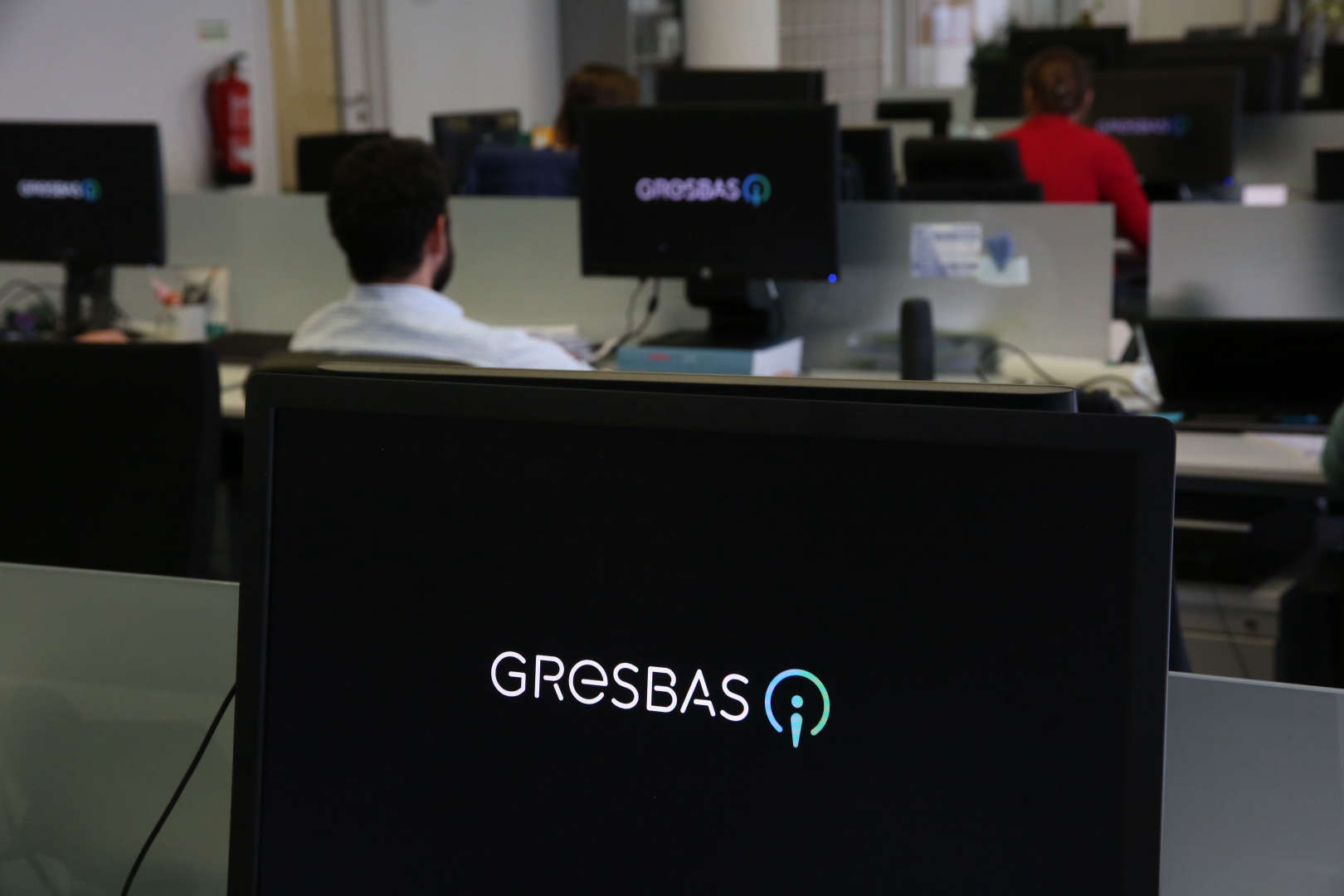About
Received the Masterâ??s degree in Electrical and Computers Engineering from the Faculty of Engineering of the University of Porto (FEUP), Portugal. Presently, he works towards the Ph.D. degree in Sustainable Energy Systems in the MIT|Portugal Program at FEUP. He is also a researcher at INESC TEC and has actively participated in several National and EU-financed projects in the area of smart grids.He is also an expert member of the working group â??Consumer and Citizen Involvementâ?� within the ERA-Net Smart Grids Plus Initiative.


